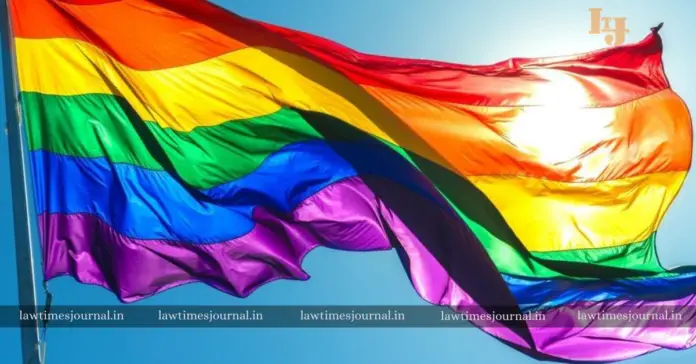
The Supreme Court, in a landmark judgement on September 6, 2018, unanimously struck down part of the Section 377 of the Indian Penal Code (IPC) which declared “carnal intercourse against the order of nature” punishable by imprisonment for life, saying that it violated the constitutional right to equality and dignity. The judgement was widely welcomed by most sections of society, especially the youth in India.
Anjali Gopalan, a member of Naz Foundation, an NGO that has been at the forefront of the battle against Section 377, said the community has become a lot stronger since the verdict but there are more rights that it needs to be given. “The LGBT community does not have any rights per say which society takes for granted like the right to marriage, inheritance so these are rights that should be there for everyone in society. Unfortunately, the LGBT community has been left out of it and that is something that needs to happen,” she said.
Tripti Tandon, lawyer and deputy director of Lawyers Collective, said it has been seen that the judgement gave many from the LGBT community the confidence to live their lives on their own terms.
“But unfortunately society still has not changed its mindset and that is the reason why the community members who take such steps of staying with their partners or moving away face a lot of violence and hostility and harassment from their parents,” said Ms. Tandon, who was among the members of the team to fight the case in the Apex Court. “The government needs to step in. If the government were to take some steps, then the message would go out very clearly in society that these relationships are not to be looked down upon,” she added.
Divya Dureja, a counselling psychologist and LGBTQIA+ wellness advocate, said there are still inadequacies in the “free and fair rights” of the LGBTQ community members.
There is a long way to go for these law-abiding, taxpaying citizens to have the same privileges as straight people and extend the same civil rights to the LGBT population as well.








